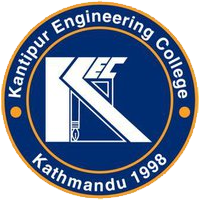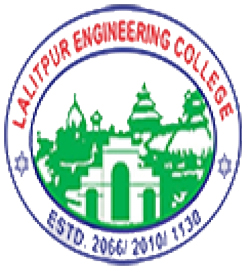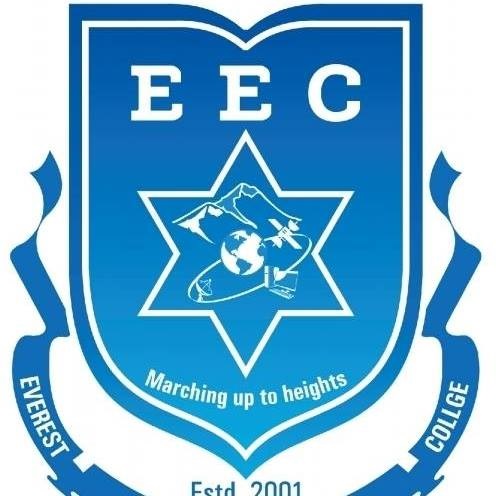Overview
Sagarmatha Engineering College in Sanepa, Lalitpur, affiliated with the Institute of Engineering (IoE), Tribhuvan University, began its academic journey in 2010. Since then, it has become a respected institution focused on shaping future engineers through practice-based learning and scholarly precision. With three core undergraduate programs (BE)—civil Engineering, Computer Engineering, and Electronics, Information, and communication Engineering—the college aims to nurture both foundational knowledge and practical skills.
The academic experience at Sagarmatha is not confined to lectures. It extends into active laboratories, collaborative projects, and industry interactions. Students are encouraged to engage with real-world problems and approach them with technical clarity and creative insight.
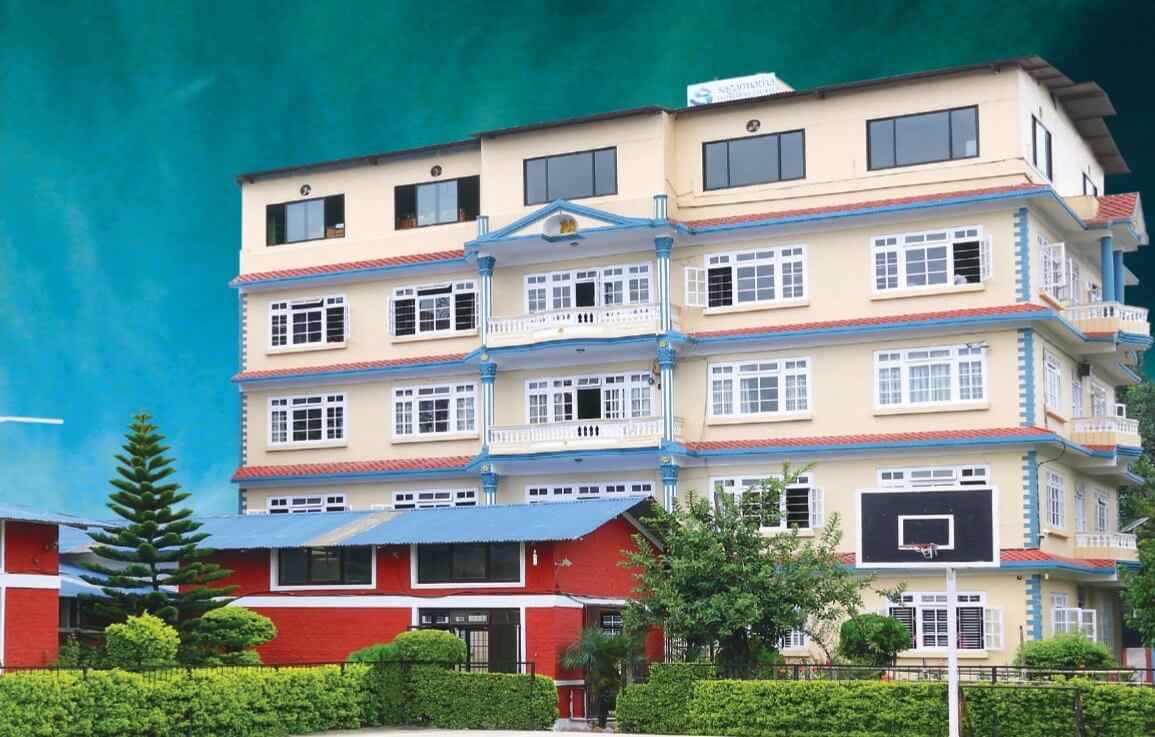
Academic Programs
The college offers three undergraduate programs under the affiliation of Tribhuvan University’s Institute of Engineering:
-
Bachelor of Civil Engineering (48 seats)
-
Bachelor of Computer Engineering (48 seats)
-
BE Electronics, Communication & Information (48 seats)
These programs follow a structured curriculum, combining lectures with tutorials, lab work, and practical sessions. Courses are updated periodically per TU guidelines and emerging trends in each discipline. Each program culminates in a final-year project that requires students to address real-world engineering problems.
Students receive support from dedicated academic departments and are given access to research, fieldwork, and training that reflect the practical nature of engineering. Integrating interdisciplinary content ensures that graduates leave with versatile knowledge and applicable skills.
Admissions Process
Eligibility Criteria
To apply, prospective students must meet at least one of the following conditions:
-
10+2 Science or equivalent, with at least a 'C' grade in Physics, Chemistry, and Mathematics (200 marks)
-
A diploma in Engineering (3 years) with a minimum of 45% in aggregate
-
A valid score in the entrance examination administered by the Institute of Engineering (IoE), Tribhuvan University
Step-by-Step Application Process
-
Register and sit for the IoE Entrance Examination
-
Submit the online priority form at admission.sagarmatha.edu.np
-
View the published merit-based admission list
-
Submit the required documents:
-
Entrance exam scorecard (original)
-
Academic transcripts and character certificates (SEE and +2)
-
Citizenship certificate (copy)
-
Migration certificate (original)
-
Passport-sized photographs (applicant, parents, local guardian)
-
-
Receive confirmation slip and fee deposit instructions
-
Verify admission through the centralized portal at admission.ioe.edu.np
Applicants must complete the process according to the admission calendar set by IoE.
College Life
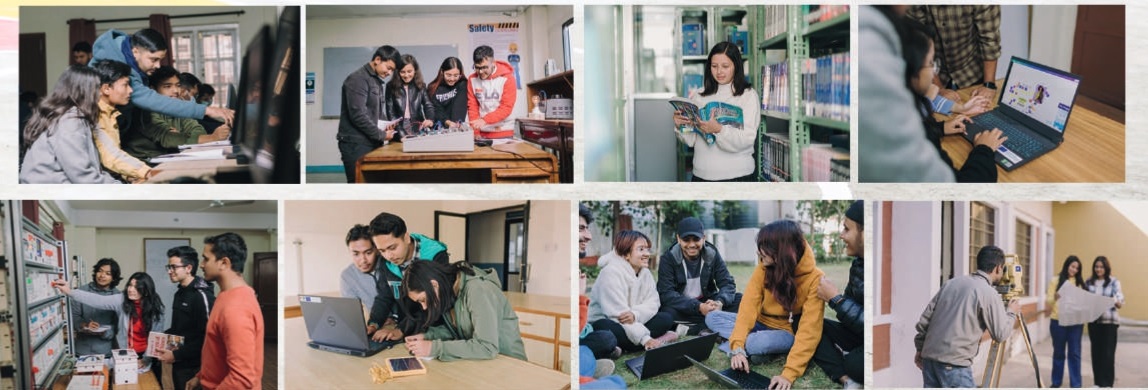
Student life at Sagarmatha is energetic and inclusive. The college hosts events throughout the year, ranging from academic symposiums and hackathons to sports days and cultural festivals. Student clubs operate across departments, providing leadership, creativity, and social engagement platforms.
The college promotes a balance between academic achievement and social interaction. Students participate in environmental cleanups, blood donation drives, and tech fairs, which help them grow as professionals and as members of the wider community.
Faculty and Teaching Methodology
Sagarmatha Engineering College is staffed by experienced faculty with industry, academia, and research backgrounds. Teaching methods include:
-
Lectures supported by multimedia tools
-
Regular quizzes and assignments
-
Practical sessions in specialized labs
-
Group projects and presentations
-
Mentorship sessions
Each department maintains small student-faculty ratios to ensure better engagement and support. Feedback mechanisms and performance evaluations help faculty continuously refine their teaching strategies.
Department Heads and Coordinators
-
Er. Dakshina Shrestha – Principal
-
Er. Manish Aryal – Vice-Principal, Administration
-
Er. Amit Khanal – Vice-Principal, Academics
-
Er. Bharat Bhatta – Head, Electronics and Computer Engineering
-
Er. Prashanta Bagale – Head, Civil Engineering
Facilities
Laboratories
Students engage in practical training through access to multiple laboratories:
-
Civil Engineering Lab: Material testing, structural analysis, soil sampling
-
Mechanical Lab: Equipment for fluid dynamics, thermodynamics, and mechanics
-
Electronics Lab: Microcontroller programming, signal processing
-
Computer Lab: Programming, simulation, cybersecurity, AI modules
-
Workshop Lab: Fabrication tools, prototyping, and 3D printing
-
Survey Lab: GPS, theodolites, total stations for topographic work
-
Chemistry and Physics Labs: Applied science training
-
Communication Lab: Digital modulation, networking
-
Hydraulics Lab: Flow measurement and pressure systems
Library
The library contains over 16,000 technical books, 40+ academic journals, and a dedicated section for newspapers, magazines, and fiction. Students can access reference materials, digital content, and audio-visual learning tools.
Reading spaces are available for individual and group study, and materials are updated based on the curriculum and student demand.
IT Services and Support
The IT department provides:
-
Campus-wide high-speed internet
-
Access to licensed software and engineering tools
-
Intranet resources for communication and learning
-
Technical support for online classes and exams
A centralized digital portal ensures academic and administrative transparency.
Extracurricular Activities
In addition to classroom learning, students take part in:
-
Robotics competitions and inter-college coding challenges
-
Annual cultural and musical programs
-
Sports tournaments in football, basketball, and cricket
-
Art exhibitions and photography contests
-
Debate forums and public speaking workshops
-
Technical clubs like AI Club, Civil Design Group, and IoT Lab Team
Student unions and faculty coordinators coordinate these activities to ensure broad participation.
Scholarships and Financial Aid
Scholarships are granted as per IoE guidelines and internal criteria:
-
General Quota: 10% of total seats are awarded to students based on IoE merit rankings
-
Academic Excellence: College, district, or provincial level toppers
-
Female Scholarship: Support toward admission fees for all enrolled female students
Financial aid may be provided case-by-case, depending on economic background and academic performance.
Sagarmatha Research and Development Centre (SRDC)
The SRDC supports research initiatives across disciplines. It works with both Sagarmatha Engineering College and its sister institutions to:
-
Encourage undergraduate research
-
Collaborate with industries and government bodies
-
Publish technical papers and case studies
-
Organize seminars, workshops, and research expos
Students can work under mentorship on urban planning, water resource management, embedded systems, and network security.
Examination Section
The Examination Section of the college manages all aspects of assessments:
-
Timely scheduling of internal and final exams
-
Distribution of admit cards and instructions
-
Supervision and invigilation protocols
-
Collection and evaluation of answer sheets
-
Communication of results and grievances
A dedicated team ensures compliance with IoE examination standards.
Administrative Departments
Administrative operations are carried out through the following units:
-
General Administration: Academic record-keeping, compliance, and coordination
-
Accounts Office: Budget management, student billing, payroll
-
Information Desk: Visitor coordination and general inquiries
Each department works collaboratively to support academic functions and student welfare.
Sister Institutions
Sagarmatha College of Science and Technology
Established in 2011, it offers:
-
B.Sc. in Computer Science and Information Technology (B.Sc. CSIT)
-
Bachelor of Computer Applications (BCA)
Sagarmatha National College
Launched in 2014, it provides:
-
BTEC Level 3 in IT (Pearson Edexcel, UK)
-
BTEC Management Leadership Level 5
CTEVT also recognizes this institution and runs short-term professional courses.
Why Sagarmatha Engineering College?
Students looking for academic integrity, practical learning, and professional readiness will find Sagarmatha a suitable choice. With structured programs, dedicated faculty, accessible scholarships, and opportunities for research and growth, the college is a destination for motivated learners.
Conclusion
Sagarmatha Engineering College continues to deliver an educational experience that connects classroom concepts with practical challenges. With strong academic programs, diverse learning environments, and access to research and extracurricular avenues, the college prepares students to step into the world as capable engineers and responsible professionals.
Its steady focus on quality, transparency, and student welfare ensures every learner can thrive and contribute meaningfully to engineering.
Contact Details
Sagarmatha Engineering College
Email Address: info@sagarmatha.edu.np
Phone Number: +977-1-5911274 , +977-1-5911275 , +977-1-5427274
Website: http://dev.sagarmatha.edu.np
Location: Sanepa, Lalitpur, Nepal


.png)


